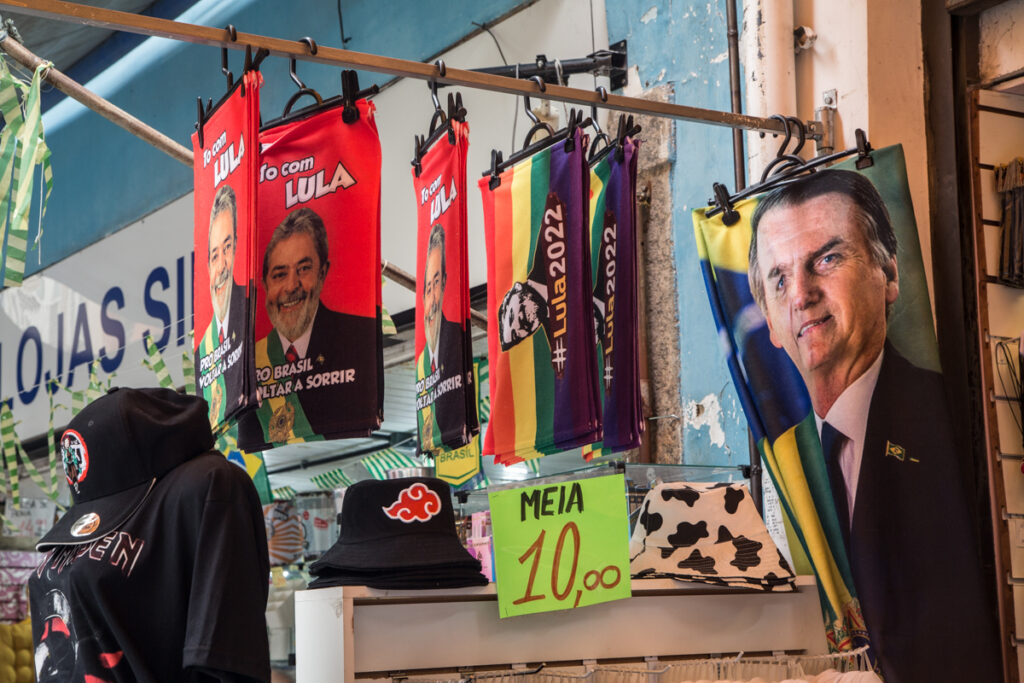
This Sunday, October 2, could define who will be the next president of Brazil. The first round of the elections in the South American country has begun, and former president Luiz Inácio Lula da Silva leads the polls with figures that place him with about half of the taste of Brazilians who can exercise their vote, and with luck today he could reach 50 percent plus one vote to become president without the need for a second round.
Polling stations opened at 8:00 a.m., Brasilia time, capital of Brazil, and so far the elections are reported to be calm.
The current president, Jair Bolsonaro, is seeking a third term at the helm of the country, and preferences place him in second place in the race for the presidency of Brazil.
Thus, this Sunday, more than 156 million Brazilians have been summoned to the polling stations in the 26 states of the country and the Federal District of Brasilia to elect, in addition to the next President of the Republic, federal and state deputies, senators and governors, while the entire Chamber of Deputies and one third of the Senate will be renewed.
In Brazil, voting is compulsory for all citizens between 18 and 69 years of age, and optional for 16 and 17 year olds, as well as for those over 70 years of age.
How to vote?
According to the Superior Electoral Court of Brazil TSE?
Voting takes place from 8:00 a.m. to 5:00 p.m. using Brasilia time as a reference. That is, cities with different time zones must adapt to the time of the federal capital. The uniformity of schedules is a novelty of this election.
In order to vote, it is only necessary to bring an official identification document with a photograph; it is not mandatory to present a voter's credential.
In this sense, an identity card, national driver's license, social identity card, passport, reservist certificate, work card, or other document with legal value is valid.
It is also possible to vote with the digital version of the title, a free application of the Electoral Justice, and if the voter's photo already appears there, the app will serve as an official identification document.
Those who have a regular electoral roll, even if they have not collected biometric data, may also vote normally.
This year Brazilians vote for federal deputies, state or district deputies, senators, governors and president of the Republic.
However, voters may choose to vote only for president if they so desire. The vote is not invalidated if the voter votes for only one office and chooses null or blank for the others.
To make it easier, the electorate can take the famous colinha, that is, write down on a piece of paper the positions and numbers of the elected candidates. However, it should be noted that it is forbidden for voters to access the voting booths with cell phones or cameras, video cameras and radio communication equipment.
On election day, the Electoral Justice allows the individual and silent demonstration of voters by party, coalition or candidate, through flags, pins, stickers and T-shirts. But electoral propaganda is prohibited.
This article was produced with the support of the organization Global Exchange in collaboration with Peninsula 360 Press.
You may be interested in: Brazilian electoral system safe from fraud, say experts


